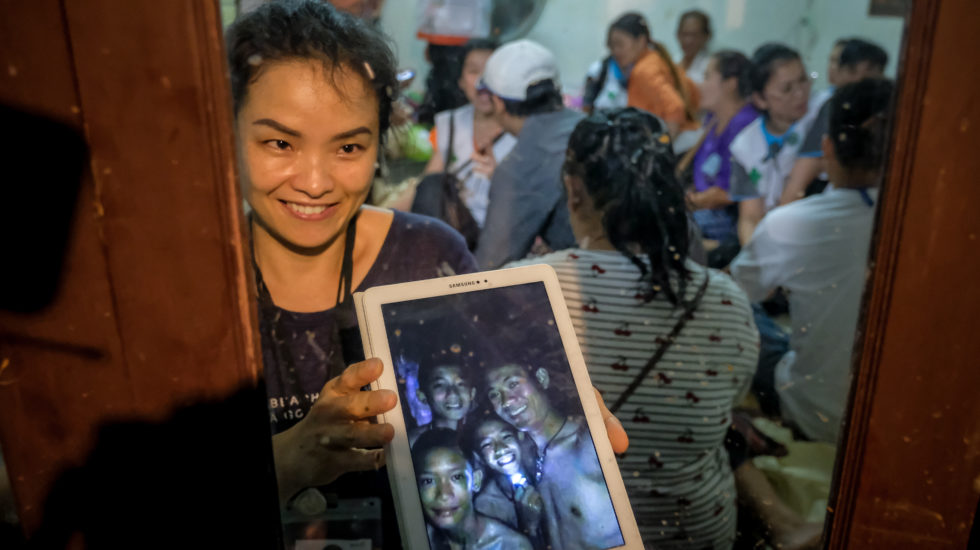The world has been captivated by the fate of a boys soccer team stuck in a flooded cave in Thailand. It is kind of story that has no broad societal or geopolitical ramifications, but yet it pulls at our heartstrings because human beings, by and large, are imbued with a spirit of empathy. We imagine ourselves in the place of the worried families or picture our own fears if we were caught in such a predicament, or even more so if our children or grandchildren were. And modern technology brings the story closer yet, with images and videos that transport us half-way around the globe.
At the same time, closer to home, many of us have felt a sense of outrage fueled by empathy at the fate of thousands of immigrant children torn away from their parents. Once again, images, video, and that piercing audio of children crying out for their mothers and fathers packs an impact. Once again it is through the children that we get a personification of the broader cruelties and racism of the Trump administration’s immigration policy.
These stories are very different, yet I think they are linked by a reminder that our common humanity is not lost, that through the eyes of children we can begin to wrap our minds around the future. What kind of future would we hope for those boys in the cave? One that is safe and reunited with their families. What kind of future do we hope for the immigrant children? The same.
This is why the picture of the drowned Syrian refugee on the Mediterranean beach struck such a global chord. Or the bloody young boy sitting in the back of the ambulance from the same horrific civil war. It is why the Assad regime has worked hard to prevent images from Syria from hitting the wider world. And yet, in that case, the world has largely become inured to the horrific cost of that war – as well as those suffering in Afghanistan and Myanmar and too many places to count.
We must understand that we cannot save every child or ease every suffering. But we can do a lot worse than ask this question of ourselves when approaching our national and global priorities, from Flint, Michigan, to our borders, to Puerto Rico, to our uninsured, to our schools, to the conflicts and disease-stricken areas around the world:
The media can play a big role in making these stories more immediate and impactful. But ultimately it is up to all of us to do the hard work of cultivating empathy and reaffirming our willingness to then be inspired to help make the world a better place.



